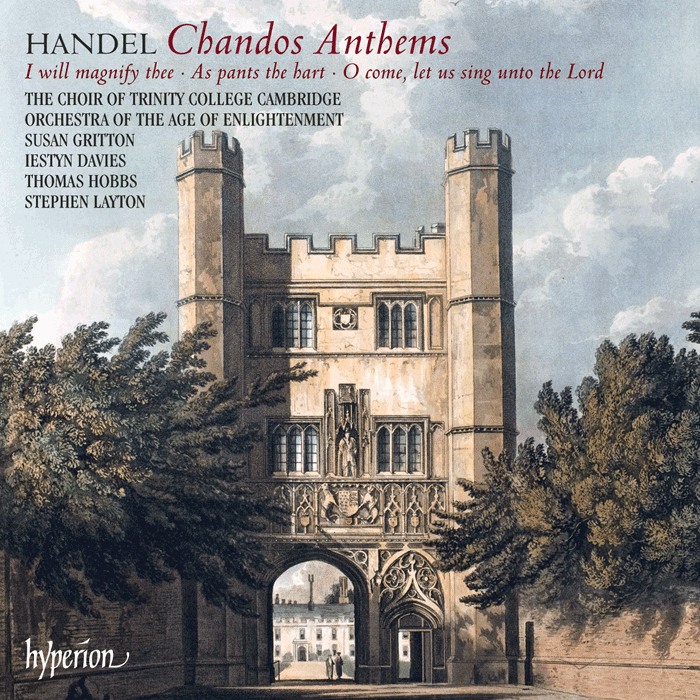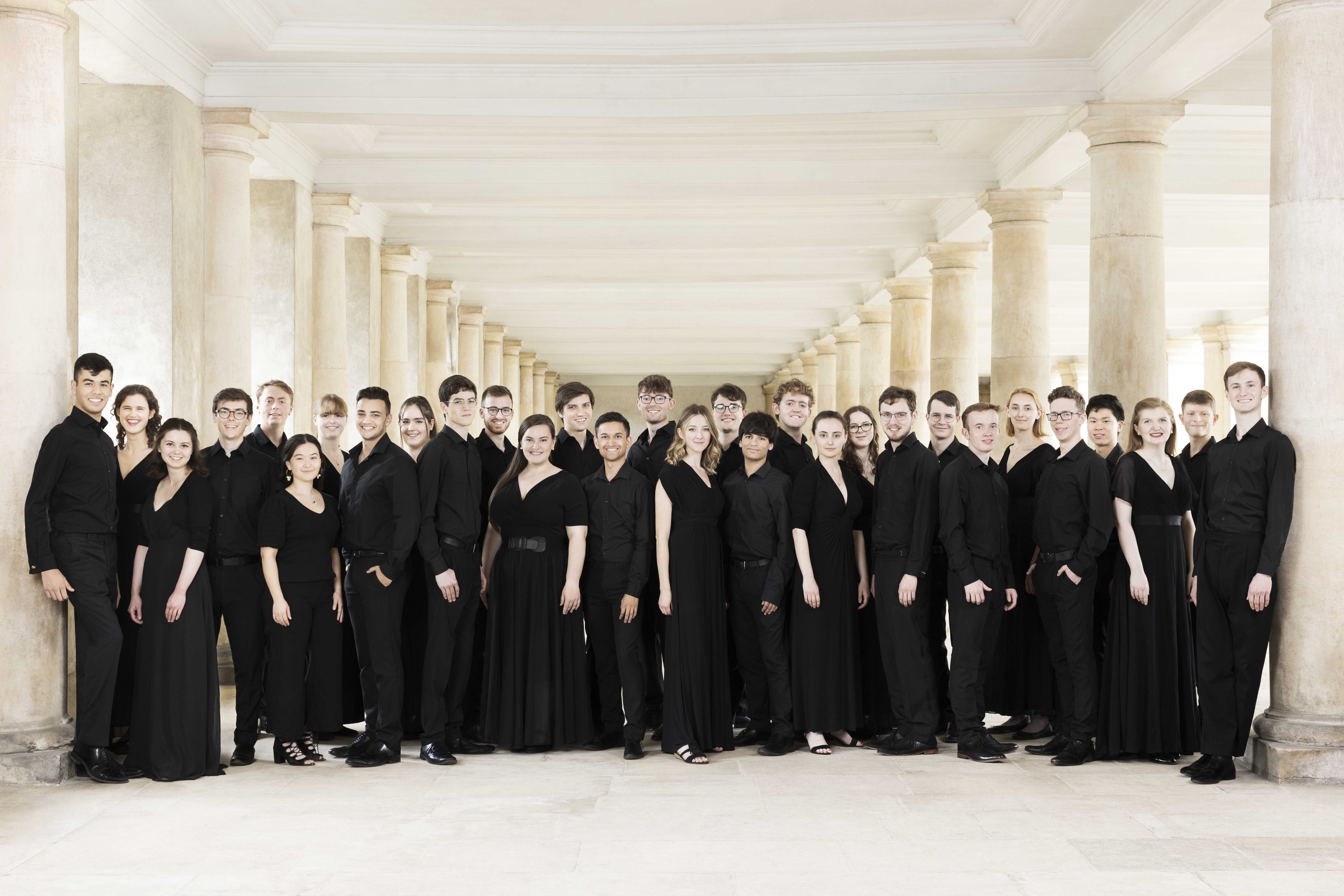Handel - Chandos Anthems, Vol.2 - BBC Music Magazine
> See recording details...Acis and Galatea might be the most popular of the works Handel composed for James Brydges and his ambitiously remodelled house at Edgware; but he also wrote a fine set of anthems known by the title of the dukedom to which Brydges was subsequently elevated. Far-removed from the limelight-stealing Coronation Anthems, the Chandos Anthems were scored for the small forces available at Cannons. It says much for Stephen Layton’s skill that he has managed to retain their companionable intimacy despite super-sizing his own resources to a choir of more than 30 singers with orchestra to match. When recycling some of the movements later, Handel wasn’t afraid of a little amplification of his own, thus Layton is in good company. But then again, so is Handel. Layton is a peerless Handelian, master of the architecture, yet constantly alert to enlivening nuances that only seem obvious with hindsight.
It helps that Layton enjoys a close rapport with both his own expertly drilled choir, and the Orchestra of the Age of Enlightenment, who prove ‘enlightening’ throughout – whether in the caressing bucolic sweet nothings of the gurgling violins at the start of ‘O come, let us sing unto the Lord’, or an irresistibly urbane unfolding of the seductive Andante prefacing ‘I will magnify thee, O God’. Susan Gritton’s radiant soprano, Iestyn Davies’s immaculately contoured countertenor and the appropriately lyrical ‘English’ tenor of Thomas Hobbs are the icing on the cake. A complete set must surely be in the offing (Anthems Nos 7, 9 and 11a were released in 2009); its completion can’t come soon enough.
Performance ****
Recording *****
Paul Riley

Hyperion Records CDA67926
